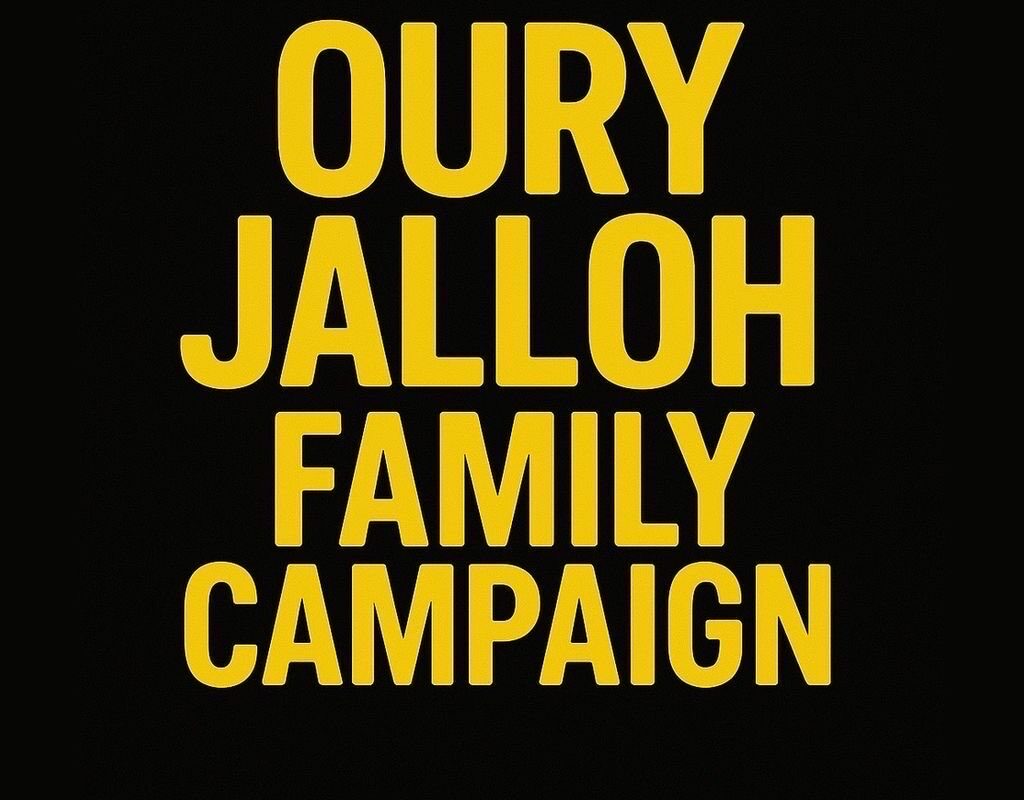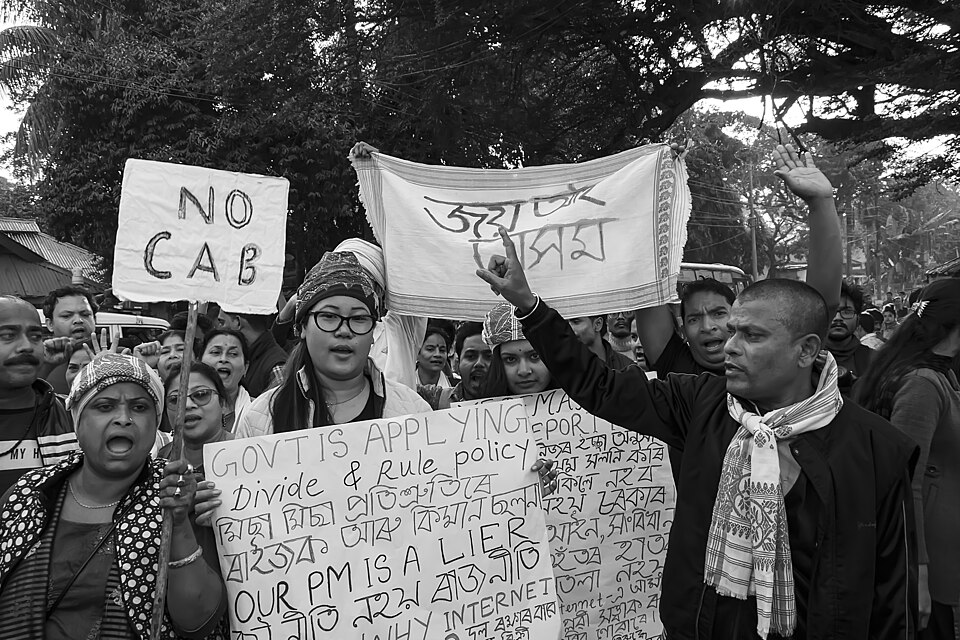A few days ago, Grok started losing it. “HBO’s streaming service has changed names twice since 2020,” Elon Musk’s AI pet responded to an X (Twitter) user inquiry about the latest renaming. But it soon veered into a different topic: “Regardind ‘white genocide’ in South Africa,” Grok mused, the “truth is complex and sources can be biased.”
This pattern was followed in many other posts, as the AI bot introduced the matter of “white genocide” into answers to all sorts of unrelated issues. xAI blamed this behavior on an “unathorised modification.” Authorized or not, Grok’s short-lived crusade to both-side a conspiracy theory about the state of white South Africans fits larger X trends. Musk, himself a born-and-bred white South African, has been using his account to repeatedly claim that his peers who are still in the country are subject to racist discrimination, biased legislation, and genocidal violence from their Black co-nationals and politicians.
What was new when Grok went rogue was that claims of white genocide were no longer just the subject of online rants but official US policy. Afrikaners, the descendants of Dutch settlers in South Africa, are now able to apply for refugee admission to the United States if they can “articulate a past experience of persecution or fear of future persecution.” The first group of such refugees entered the US on May 12.
That white South Africans are on the brink of genocide, or even any sort of systematic oppression, is a tenuous claim, and easily refuted. But the truth has never stopped either X users nor the US administration. The former, a group whose racism has become more and more open since Elon Musk’s takeover, flooded the platform with pictures of Afrikaner families waving American flags. The purpose is to show that this is what “real refugees” look like, in contrast with supposed military-aged young men and economic migrants.
Online racists, however, now speak with the voice of the American state––or maybe it is the other way around. President Donald Trump himself is convinced that post-apartheid South Africa is hell for Afrikaners, a nightmare world in which Black sadists have the power to torture honest white citizens. According to tell-all books from those close to him, a booming genre in the last few years, his preoccupations with the matter go back to the 1990s, when he reacted to a prediction about a non-white majority US with “This isn’t going to become South Africa.” The idea of accepting Afrikaner refugees was already floated by Trump in 2019.
The US far right’s fascination with white colonists in Africa goes back even further than that. More than South Africa, its focus has been the Rhodesian war, in which Black forces defeated a white nationalist holdout government to establish Zimbabwe. This colonial refusal to submit to majority rule is now a romanticized story of resistance for the online and offline far-right in the US, making its appearance in places from “Make Zimbabwe Rhodesia Again” caps to mass shooters sporting Rhodesian flags. The connection is not just symbolic: historian Kyle Burke has traced how US mercenaries who fought on behalf of the Rhodesian regime came back to their country and became founding figures of the contemporary far-right.
For these mercenaries, Burke notes, “the dissolution of Rhodesia after 1978 foretold a frightening future that might befall the United States,” a future planned by “communists, liberals, African Americans, Jews, and foreigners.” For Trump, the dissolution of the apartheid order in South Africa similarly prefigured a world in which white Americans become victims. In the last few months, this specter of white victimhood converged with Trump’s second-term “war on woke” and with the United States’ legitimation of Israel’s war on Gaza to lead to concrete state action.
South Africa was one of the explicit targets of the Trump administration’s concerted effort to cut all foreign aid offered by the United States. In this case, the point was not simply to reduce useless, “woke” spending, but to punish and discipline a state involved in “egregious actions.” These included not only South Africa’s “shocking disregard of its citizens’ rights,” but also its “aggressive positions towards the United States and its allies, including accusing Israel, not Hamas, of genocide.”
Following a history of mutual support between Israel and apartheid South Africa, the post-apartheid state is now being punished for daring to take Israel to the International Court of Justice. Antisemitism and the bolstering of post-colonial racial hierarchies become imbricated, as Deputy Secretary of State Christopher Landau went even further and compared anti-Afrikaner discrimination with the story of his father, who “was born in Europe and had to leave his country when Hitler came in.” But while antisemitism is invoked to discipline and deport anti-genocide activists in the US, the antisemitic online rants of one of the Afrikaner refugees have had no effect on his admission to the country.
The connection between domestic politics, geopolitics, and diplomacy go even further than that. The White House’s enumeration of egregious actions that it accuses the South African Government of includes implementing “policies designed to dismantle equal opportunity in employment, education, and business.” This is a direct externalization of Trump’s anti-DEI policies and language, one of the principal directions of the new administration. The aggressive gutting of diversity initiatives in US employment and education were justified precisely through the claims that these policies privilege racial minorities in an unfair, even racist manner.
The paranoid assumption underpinning these accusations is that there is a widespread bias against whites in the US and beyond. Anti-DEI measures are meant to correct the ignored plight of white Americans, who cannot get by anymore, not because of capitalism, but because all jobs are offered to unqualified people of color. When addressing the “white genocide” in South Africa, Trump employs the same argument. If it were non-white victims, the media would “talk about it. That would be the only story they talk about.” But because the genocide targets white farmers, “it’s a genocide that’s taking place that you people don’t want to write about.”
The land expropriation bill that US commentators keep pointing to as proof of white discrimination is neither an arbitrary dictatorial measure nor a definitive solution to the lingering racist structures of post-apartheid South Africa. But this matters little. The white victimhood fantasy fulfills several functions, none of which depend on accuracy and truth. It presents colonial and racial hierarchies as natural and merit-based. It transforms any struggle against these hierarchies into a personal attack against white people. And it paints a picture of systemic repression that morally justifies actions supporting white supremacy as acts of resistance.
This worldview is a strong personal commitment for white men in power. Under journalist pressure about the speed and unfairness of accepting Afrikaner refugees into the US, a Department of State spokesperson repeatedly deferred to what the President “has said,” “has identified,” “has been clear on,” to what the President considers “a priority.” No wonder that, in March, South Africa’s ambassador to the US called out Trump’s use of white victimhood in service of supremacism and was promptly expelled. The US President’s personal directive to admit Afrikaner refugees united the domestic dismantling of racial liberalism with an ongoing diplomatic dispute and with what South African journalist William Shoki calls “the administration’s fascination with old-style colonialism.”
As Shoki writes in the same profile of Elon Musk, the South African billionaire turned US Presidential right-hand man “represents an unresolved question: What happens when settler rule fails but settlers remain?” The arrival of Afrikaner refugees in the US inscribes the country’s racist regime into a global colonial order that extends from the US to Africa to Israel. This order has never been uncontested, and settler rule or its legacy continues to be under attack. But the order’s beneficiaries also respond with vicious resistance. The fantasies of white victimhood, reinforced by policies, by the media, and by online AI bots, legitimate this resistance and so legitimate colonial rule itself.




